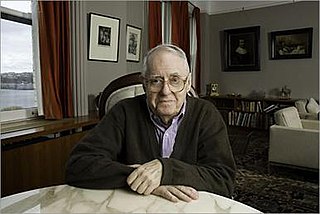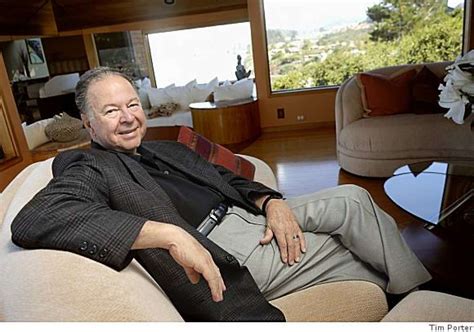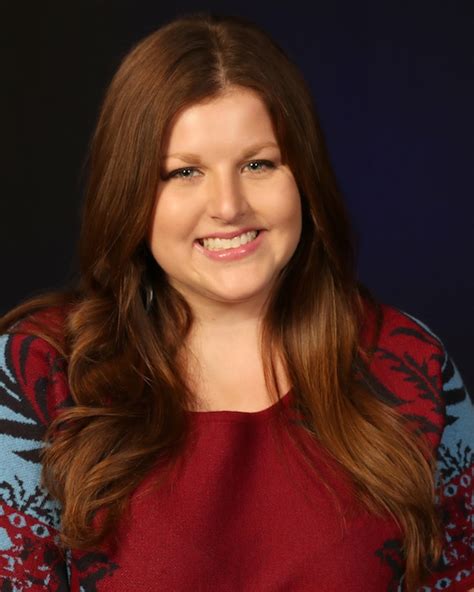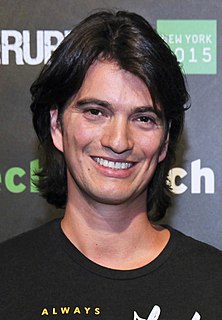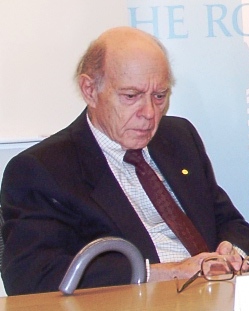A Quote by Viggo Mortensen
Jung viewed Freud as a mentor, but he never wanted to be anybody's disciple.
Related Quotes
Freud, Jung thought, had been a great discoverer of facts about the mind, but far too inclined to leave the solid ground of "critical reason and common sense." Freud for his part criticized Jung for being gullible about occult phenomena and infatuated with Oriental religions; he viewed with sardonic and unmitigated skepticism Jung's defense of religious feelings as an integral element in mental health. For Freud, religion was a psychological need projected onto culture, the child's feeling of helplessness surviving in adults, to be analyzed rather than admired.
Mythologies were the earliest dreams of mankind, and in the psychotic delusions of his patients, Jung believed he was encountering those dreams again. Freud, too, believed that the psyche retained archaic vestiges, remnants of our earlier mental world. But for Freud these were a burden we were forced to repress. Jung instead would see them as a reservoir of vital energy, a source of meaning and power from which, through the over-development of our rational minds, modern mankind has become divorced.
Unlike Freud, Jung did not believe that a dream is a mask for a meaning already known but deceitfully withheld from the consciousmind. In his view, dreams were communication, ideas expressed not always straightforwardly, but in the best way possible within the limits of the medium. Dreaming, in Jung's psychology, is a constructive process.
Like lots of baby boomers, I was brought up on archaic anthropomorphism. Upstanding Christian dogs. Rabbits with family values. Because the ancient texts and pictures were sacred - Potter, Milne and the rest. Even concerned parents who knew Freud and Jung never saw the contradictions in feeding us on them.
Beauty has never been an important topic in the writings of the major psychologists. In fact, for Jung, aesthetics is a weak, early stage of development. He follows the Germanic view that ethics is more important than aesthetics, and he draws a stark contrast between the two. Freud may have written about literature a bit, but an aesthetic sensitivity is not part of his psychology.
A Dream of Undying Fame is a probing, elegant and balanced book. Louis Breger shows how Freud’s traumatic childhood shaped his ambitious, detached and authoritarian personality, and led to the betrayal of his mentor, Josef Breuer. Breger’s analysis exposes a fascinating paradox: Freud both invented psychoanalysis and impoverished its development. A must-read for everyone interested in how ideas can change the world.
I floated around in the department of biochemistry and learned some interesting things, and then I began to... I never wanted to work with a mentor because I always wanted to have my own reputation and be free to do what I wanted to do. So I worked with the weakest people in the department. Don't make that public.
I can still recall vividly how Freud said to me, "My dear Jung, promise me never to abandon the sexual theory. That is the most essential thing of all. You see, we must make a dogma of it, an unshakable bulwark" ... In some astonishment I asked him, "A bulwark-against what?" To which he replied, "Against the black tide of mud"-and here he hesitated for a moment, then added of occultism.

